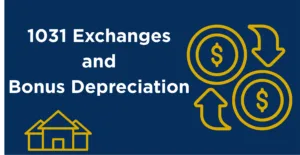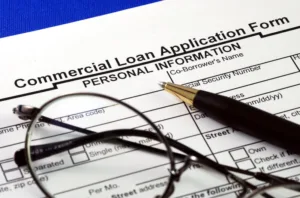Real estate investing can be one of the most reliable ways to build long-term wealth. But it isn’t without risk. Every year, plenty of investors lose money. Not because real estate is a bad investment, but because they fail to plan for the challenges that will inevitably come up.
Here are seven of the most common reasons real estate investors fail – and how you can avoid making the same mistakes.
1. Getting Caught Up in the Hype
Boom-and-bust cycles are part of real estate. During the boom, it feels like everyone is making money and every deal will work. That’s when many investors rush in without thinking about how their investment will hold up when the cycle turns.
Take short-term rentals, for example. After COVID, many investors bought multiple Airbnb properties because demand was sky-high. But oversupply in certain markets has caused rents to collapse, leaving owners with properties that no longer cash flow. The lesson? Don’t buy just because “everyone else is doing it”.
2. Ignoring Vacancies
Vacancies aren’t just possible – they’re inevitable. Yet many investors fail to plan for them. Smart investors budget for downtime and, just as importantly, work to keep tenants happy so they stay longer.
Think of your tenants as partners in your success. Take care of the property, respond to maintenance needs, and you’re much more likely to have steady rent payments and fewer costly turnovers.
3. Skimping on Insurance
Fires, floods, and wind damage happen. Not having the right insurance is one of the fastest ways investors get into trouble.
A key policy many investors overlook is loss of rents coverage. If your property is damaged and becomes uninhabitable, this type of coverage replaces the income you would have collected during the repair period. Without it, you’re stuck covering mortgage payments and other expenses with no rent coming in.
4. Failing to Stress Test Financing
Interest rates change. During a boom cycle, rates tend to be lower – but they’ll go back up when the bust comes. Additionally, if you’re using commercial loans, you’re likely facing a reset in interest rates every five years. Too many investors assume today’s rates will hold, only to be shocked when payments jump after refinancing.
Before you buy, run a stress test. Ask yourself: if rates climb a few points, will the rents keep up to cover the new mortgage payments? If not, what’s the backup plan?
5. Not Having a Plan B
Some properties come with specialized uses – like student housing. That works until something changes in the market. One seller we saw had bought near a university, only to see demand dry up when the school built new dorms – and they ended up trying to sell a property that was two-thirds vacant.
The solution our buyer had was to convert it into traditional rentals, but that required time and additional work. The owner should have planned for that from the start – separate meters, better kitchen areas, etc. If you’re buying a specialized property, always think about a backup use in case the original plan is no longer feasible.
6. Skipping Due Diligence
Rushing into deals without doing full due diligence is a recipe for losses. I’ve seen investors buy land assuming it would be easy to develop just because it was flat, only to find out that approvals and infrastructure costs made it impossible to profit from.
Due diligence should cover everything from environmental risks to zoning and market demand. Missing just one key detail cna turn what looks like a great deal into a financial mess.
7. Poor or Nonexistent Property and Asset Management
Even a solid property can fail without good management. Some investors assume they can ignore details, or hand everything off without oversight. That rarely works.
Property and asset management means more than collecting rent. It includes staying on top of maintenance, monitoring expenses, and handling tasks like appealing property taxes. Whether you self-manage or hire a professional, you need to keep an eye on your system to ensure the property runs efficiently.
Final Thoughts
Most of the reasons real estate investors fail come down to the same issue: lack of planning. From ignoring vacany risks to skipping due diligence, the mistakes are preventable if you know what to look for.
Many investors we work with appreciate our ability to spot risks early and build strategies that protect their investments. If you are looking to grow your portfolio with confidence, contact us to discuss how we can help you avoid these pitfalls and focus on long-term success.





